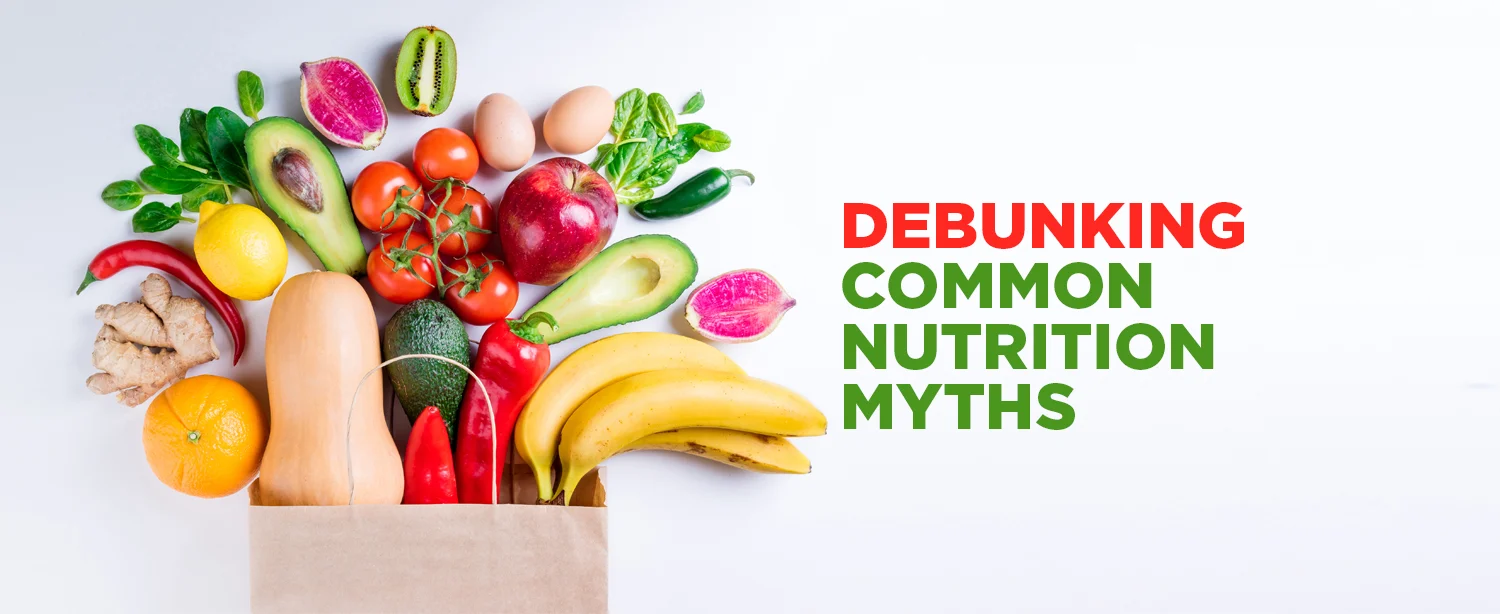Introduction
In the age of information, nutrition advice is everywhere—from social media to blogs to mainstream media. However, not all advice is created equal. This article aims to debunk some of the most common nutrition myths, helping you separate fact from fiction and make informed dietary choices.
Myth 1: Carbs Make You Gain Weight
Fact: Carbohydrates are not inherently fattening. In fact, they are an essential source of energy for our bodies. The key lies in the type and quantity of carbohydrates consumed. Whole grains, fruits, and vegetables are nutrient-dense options that can be part of a healthy diet. The real culprits in weight gain are excess calories and unhealthy eating patterns.
Myth 2: Eating Fat Makes You Fat
Fact: Dietary fat is an important macronutrient necessary for hormone production, nutrient absorption, and overall health. Healthy fats, such as those found in avocados, nuts, and olive oil, can actually promote satiety and help manage weight when consumed in moderation.
Myth 3: You Should Avoid All Processed Foods
Fact: Not all processed foods are bad. While highly processed foods (like sugary snacks and sodas) should be limited, many minimally processed foods—such as frozen vegetables, canned beans, and whole grain bread—can be convenient and nutritious. The key is to choose wisely and focus on whole, nutrient-dense options.
Myth 4: Skipping Breakfast Is Bad for You
Fact: While breakfast can be a healthy way to start the day, skipping it isn’t inherently harmful for everyone. Some people may thrive on intermittent fasting or simply prefer to eat later. The most important factor is overall dietary patterns rather than a single meal.
Myth 5: Detox Diets Are Necessary for Cleansing
Fact: Our bodies are naturally equipped to detoxify without the need for special diets or detox products. The liver, kidneys, and digestive system do a great job of eliminating toxins. Instead of focusing on detox diets, prioritize a balanced diet rich in fruits, vegetables, and whole foods to support your body’s natural detoxification processes.
Myth 6: All Supplements Are Necessary for Good Health
Fact: While some supplements can be beneficial for specific health needs, most people can meet their nutritional requirements through a balanced diet. Over-reliance on supplements may lead to nutrient imbalances and does not substitute for healthy eating habits.
Conclusion
Navigating the world of nutrition can be confusing with so much conflicting information out there. By debunking these common myths, you can make informed choices that support your health and well-being. Remember, the best approach to nutrition is one that is balanced, varied, and tailored to your individual needs.

